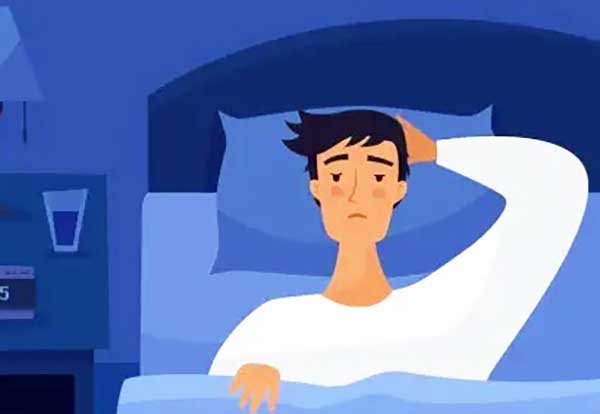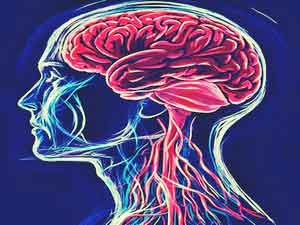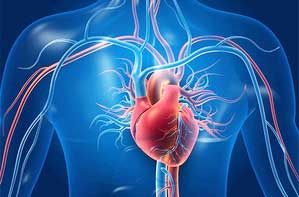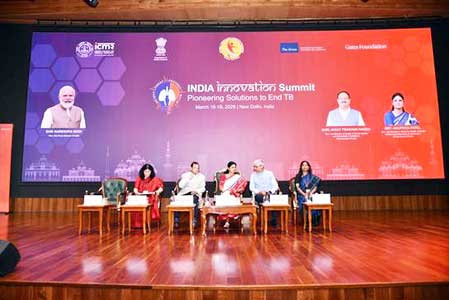People who have insomnia symptoms such as trouble falling asleep, staying asleep and waking up too early, may be more likely to have a stroke, according to a study.
The study, published in the journal Neurology, showed that the link between insomnia symptoms and stroke was stronger in people under age 50 with those who experienced five to eight symptoms having nearly four times the risk of stroke compared to people with no symptoms.
People with more than five symptoms of insomnia had a 51 per cent increased risk, while those with one had 16 per cent.
However, the researchers said that the study does not prove that insomnia symptoms cause stroke; it only shows an association.
“There are many therapies that can help people improve the quality of their sleep, so determining which sleep problems lead to an increased risk of stroke may allow for earlier treatments or behavioural therapies for people who are having trouble sleeping and possibly reducing their risk of stroke later in life,” said Wendemi Sawadogo, of Virginia Commonwealth University in the US.
The study involved 31,126 people with an average age of 61, who were followed for an average of nine years.
Participants had no history of stroke at the beginning of the study. In the nine years of follow-up there were 2,101 cases of stroke.
Of the 458 people under age 50 with five to eight symptoms, 27 had a stroke. People aged 50 or older with the same number of symptoms had a 38 per cent increased risk of stroke compared to people with no symptoms.
Of the 654 people 50 and over with five to eight symptoms, 33 had a stroke.
“The list of stroke risk factors such as high blood pressure and diabetes can grow as people age, making insomnia symptoms one of many possible factors. This striking difference suggests that managing insomnia symptoms at a younger age may be an effective strategy for stroke prevention. Future research should explore the reduction of stroke risk through management of sleeping problems,” Sawadogo said.
This association increased further for people with diabetes, hypertension, heart disease and depression.
A limitation of the study was that people reported their own symptoms of insomnia, so the information may not have been accurate.






Shutdown called to observe two years of ethnic conflict in Manipur cripples life
Normal life was badly affected in Manipur on Saturday as a shutdown was called by various groups to mark two years of ethnic conflict in the state. However, according to the police officials, the shutdown is peaceful so far in both the valley and hill districts.
21 MLAs urged PM, HM to reinstate govt in Manipur bypassing Guv: Congress
The Opposition Congress on Wednesday slammed 21 MLAs of Manipur for bypassing the state Governor and writing letters to the Prime Minister and Union Home Minister, urging them to reinstate a popular government in the state.
Air pollution exposure raises brain stroke risk in older adults: Study
The study showed that elderly males are disproportionately affected by ischemic stroke related to air pollution. Ischemic stroke is a condition resulting from reduced blood supply to specific areas of the brain due to blocked blood vessels. The primary contributor to this burden is PM2.5 from air pollution.
Security forces apprehend 7 militants in Manipur, recover arms and stolen cars
Security forces in Manipur arrested seven militants belonging to different banned outfits from Imphal East and Imphal West districts, officials said on Friday.